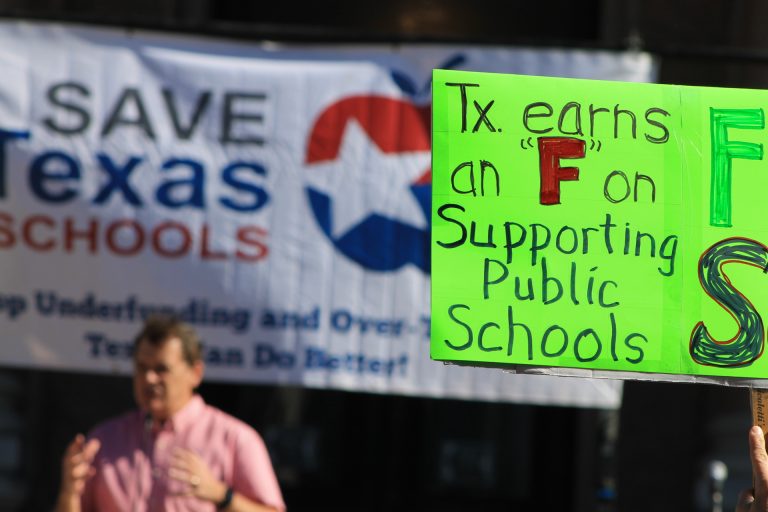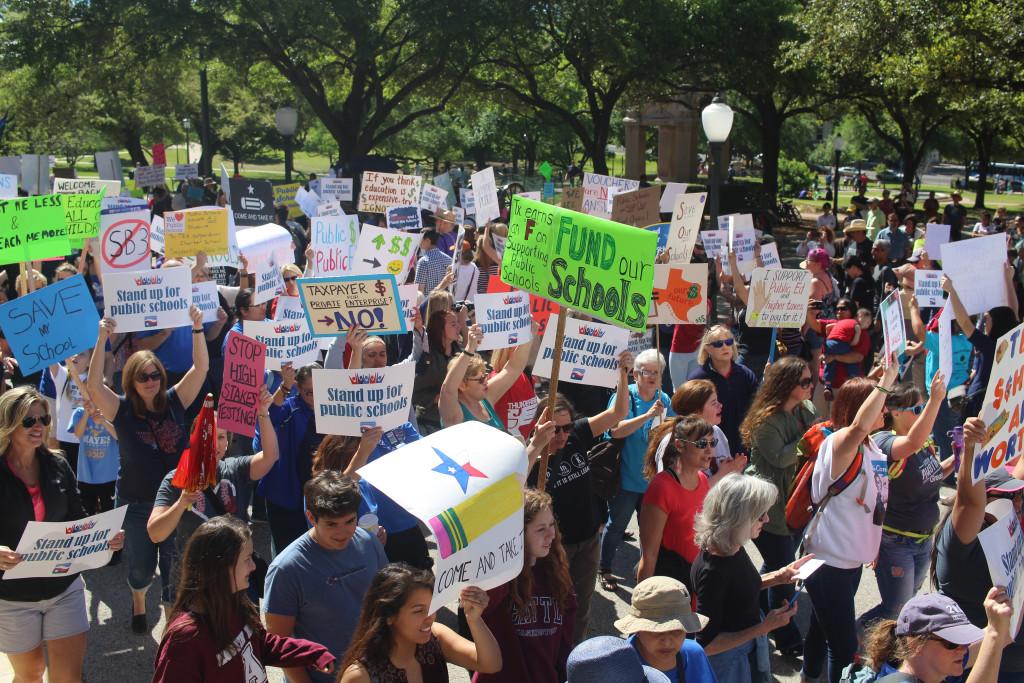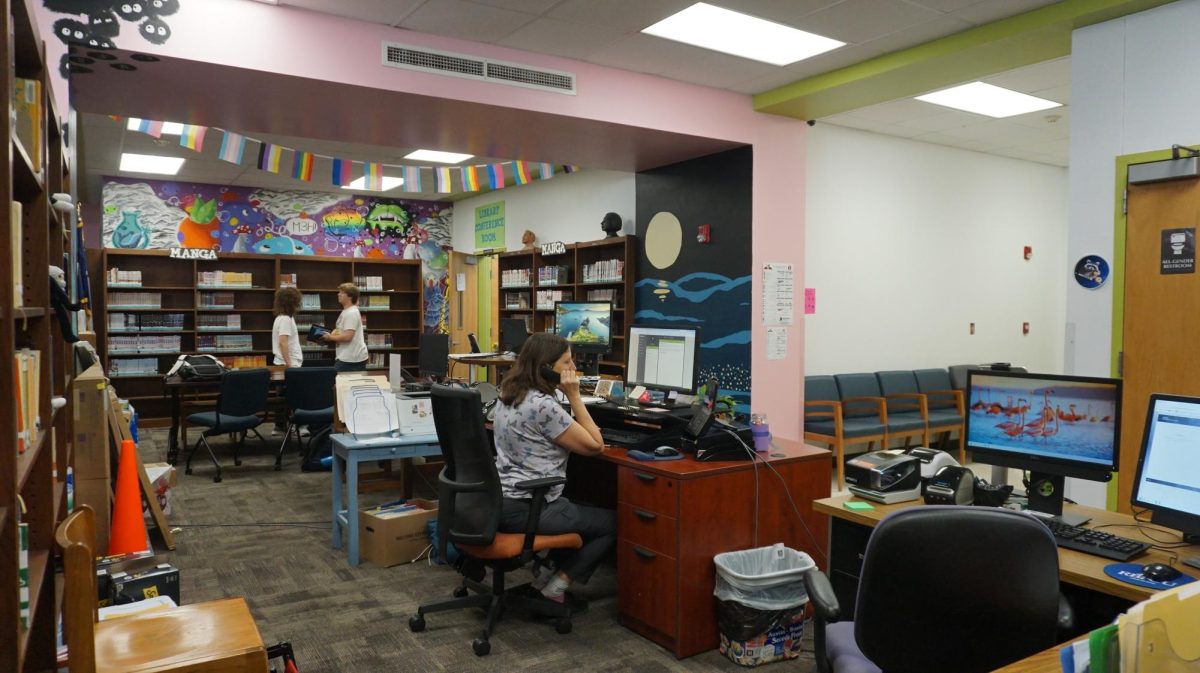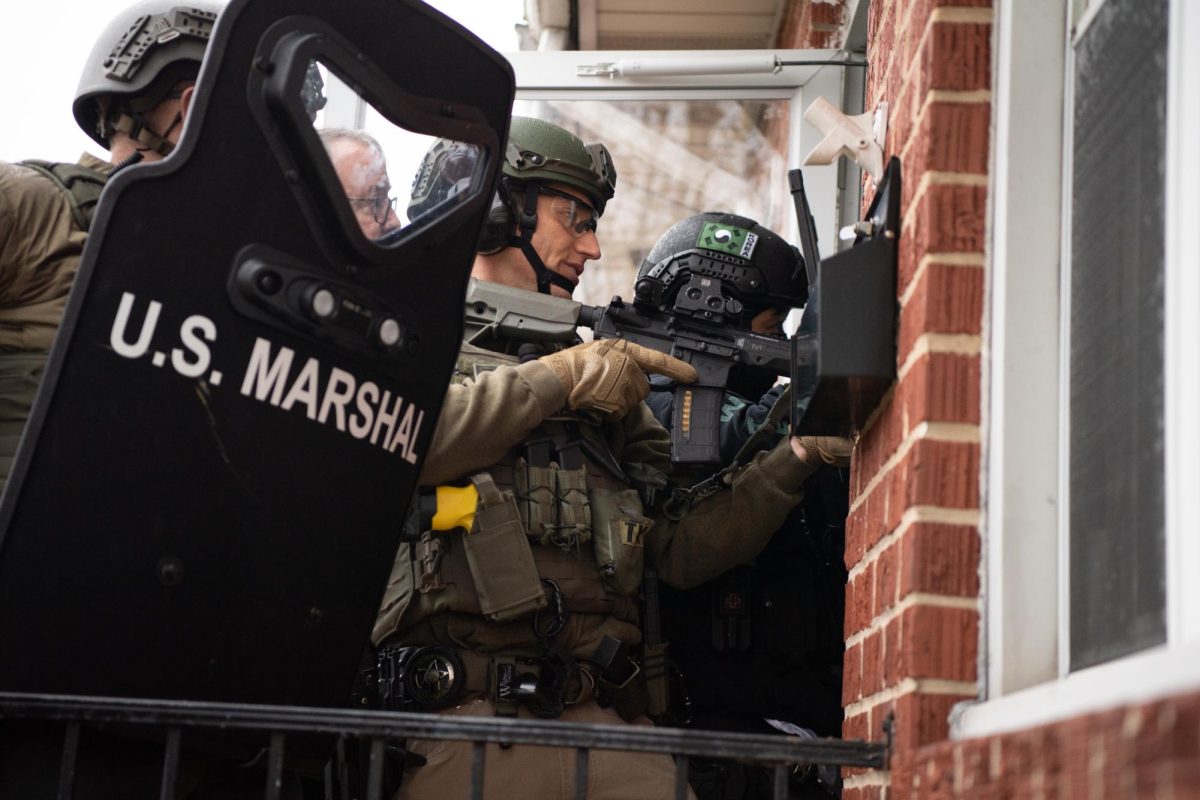

Some of the policies discussed included funding cuts, an over-reliance on standardized testing and a voucher system that redirects public money to private educational institutions. The speakers sat in a row waiting to speak to the impassioned audience before them, all asking versions of the same question: does the Texas Board of Education care more about improving its public image than it does the quality of its students’ education?
Therally was hosted by Save Texas Schools, a nonpartisan union which supports the allocation of more resources for public schooling. Rather than school vouchers, which Save Texas Schools feels redirects public money to private institutions, the organization proposes that the Texas Board of Education focus on making decisions that will improve public schooling rather than providing alternatives to it.
“The Texas school finance system is broken, but our schools are not broken,” said state Sen. Kirk Watson (D-Austin), in support of Save Texas Schools. “Imagine what teachers and school officials could do for our kids if we actually provided our schools with the resources they need to help students thrive in the 21st century,” Watson said. “The legislature must provide more funding to our schools and must reform the system so that school funding reflects the true costs of educating our children.”


Two days before the rally, the Texas Senate passed a bill that would allow parents to use federal money to pay for privatized education via government-funded vouchers. Supporters of vouchers argue that they encourage competition in education. But critic of vouchers counter that they allow a parents to have the state of Texas reimburse a portion of their tuition payments, essentially turning public tax money into a private education subsidy.
Sam Cervantes, a University of Texas government and communications major who immigrated to the U.S. from Mexico, also spoke at the rally. As undocumented immigrants supporting a large family, his parents could not afford a private education for their children, even with federal vouchers: “When [my mother] dropped me off at [public] school, she said education was all that she could give me,” Cervantes said, “A college education is key, as it is a paramount catalyst to break the cycle of poverty.”
Other speakers at the rally expressed their opposition to what is known as “Robin Hood” education, or the redistribution of wealth between Texas school districts. Robin Hood policies aim to redistribute funds from high property-value areas (typically in metropolitan urban areas) to lower property-value areas (typically in rural or suburban areas). The idea is to equalize the resources across the state.
Save Texas Schools supports the premise of the Robin Hood plan but argues that it has been executed poorly. Critics say that schools with moderate property values are overtaxed and underfunded, causing the Robin Hood system to exacerbate the very problem it is intended to solve.
Gina Hinojosa, a former AISD school board member and current state representative (D-Austin), opposes policies in which public education funding is redirected to pay for alternative forms of schooling.
“Parents and teachers in this state are just sick and tired and done with excuses for short-changing our children. We know it’s a tough budget year; we get that. But there are critical needs in our public schools and the time to fund those has come and gone. We need action now!”
A resolution may be hard to achieve, but Watson said, “Texas has the ability to invest in our children, but we have to make them a priority.”







